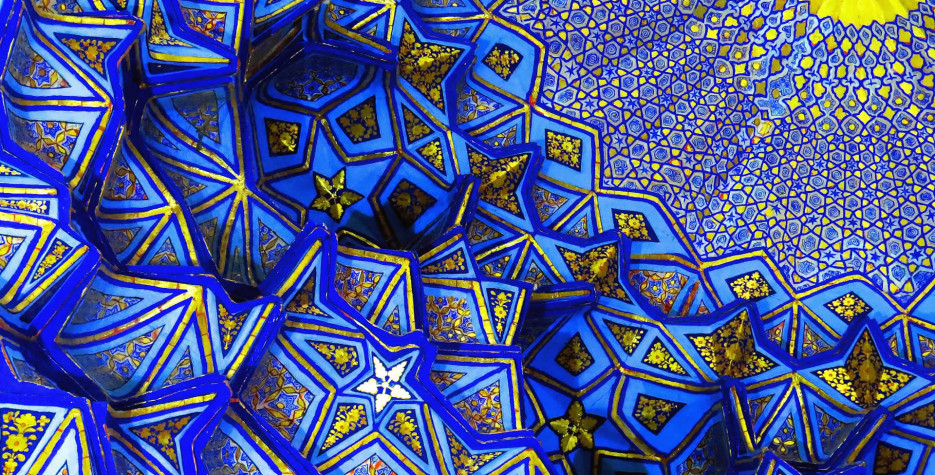

Little wonder, therefore, that the country’s ranking in the World Bank’s all important Doing Business index has shot up in recent years – it is now 69th in the world, according to the latest report (a very respectable position, but with plenty of improvements still required). Uzbekistan has also given visa-free access to more than 45 countries, established numerous special economic zones, and very successfully entered international capital markets. Among some of the key policies has been the country’s unification of the exchange rate, liberalisation of the foreign exchange market, and the reduction of regulations and red tape for investors (alongside the launch of numerous investment incentives).
AQUATERM TASHKENT 2020 FEBRUARY FREE
Since 2016 and the death of long-time autocrat Islam Karimov, the Uzbek government has embraced radical reforms in an effort to transition from a centrally planned economy to free markets. At the heart of this is the ancient city of Tashkent, the country’s capital and one of Central Asia’s largest economic hubs. Resource-rich Uzbekistan is in the throes of nothing less than a renaissance. (Photo by Yuri Korsuntsev/AFP via Getty Images)

A Singapore-based company took a controlling stake in the Hotel Uzbekistan in Tashkent in 2020, a sign of the city’s increasing appeal to tourists.


 0 kommentar(er)
0 kommentar(er)
